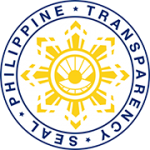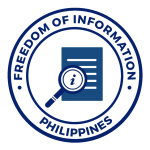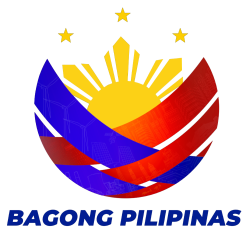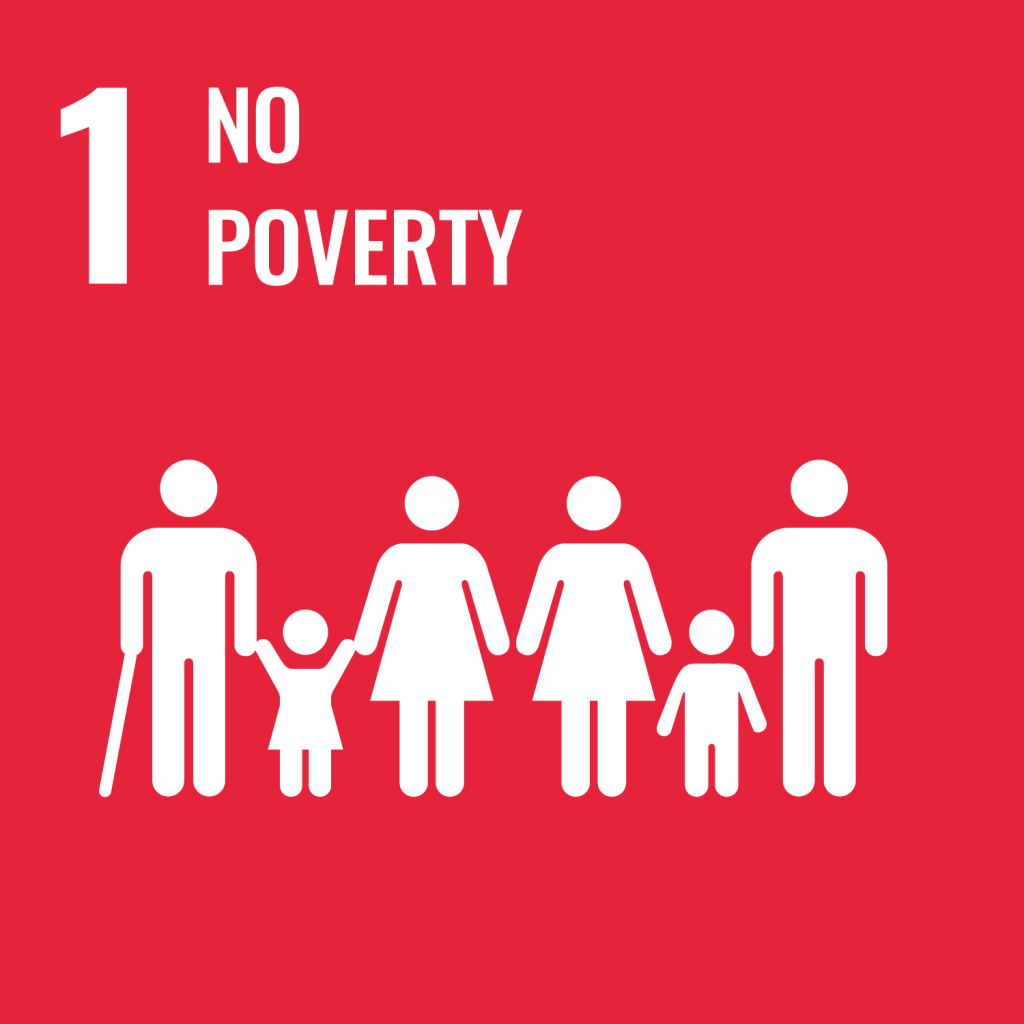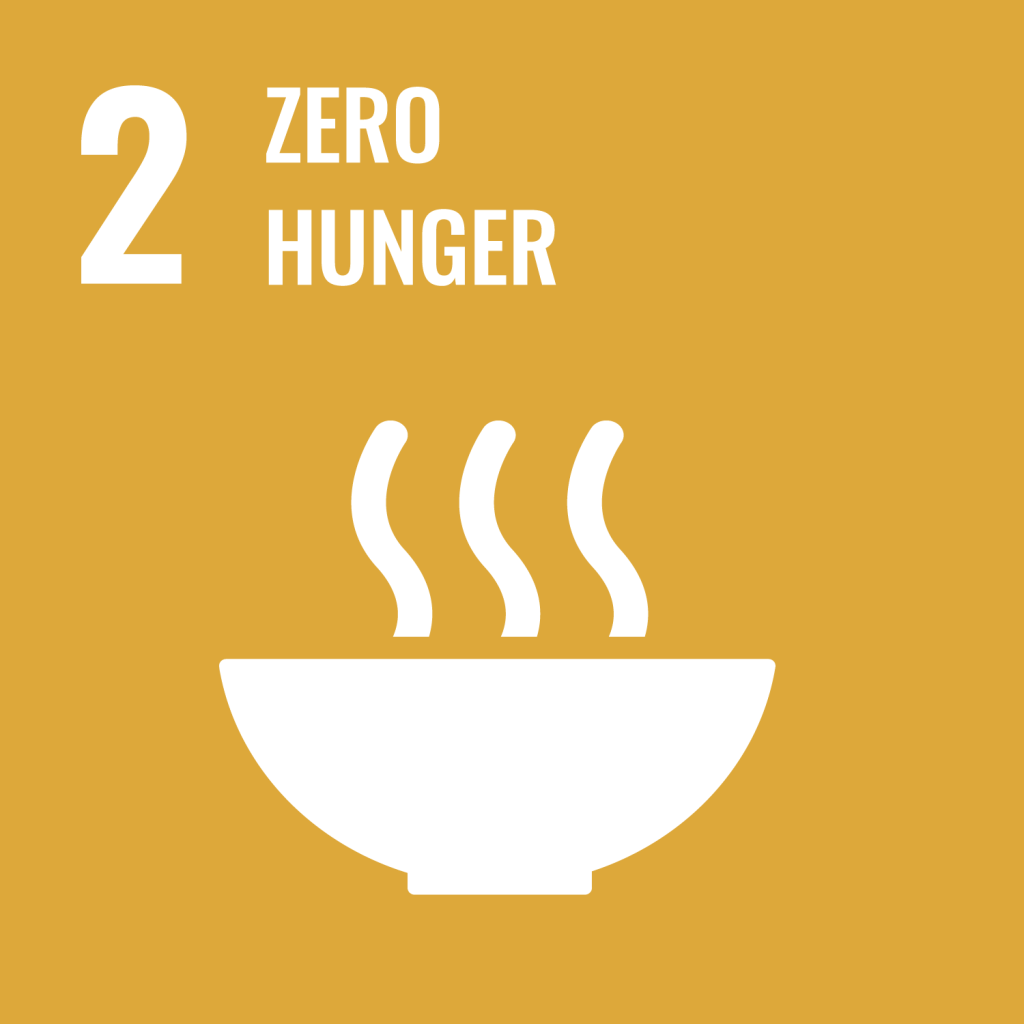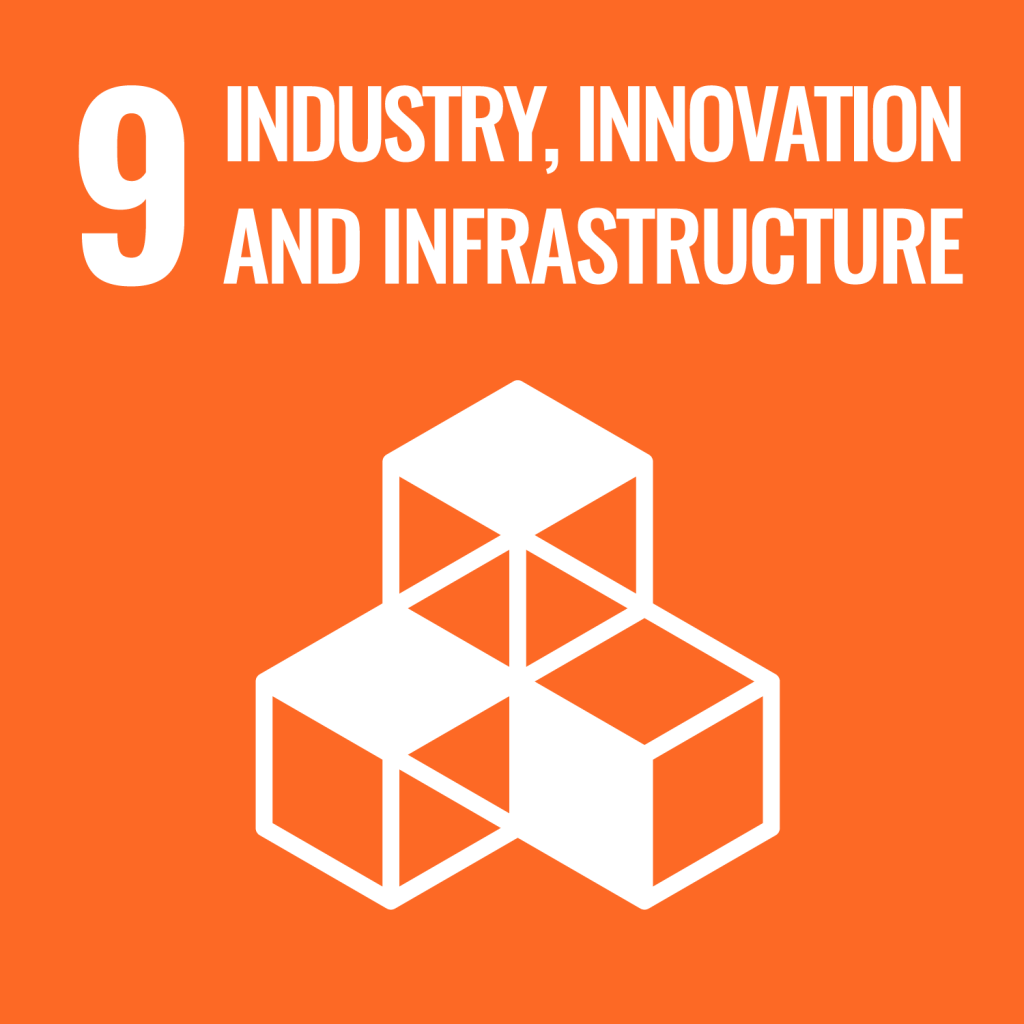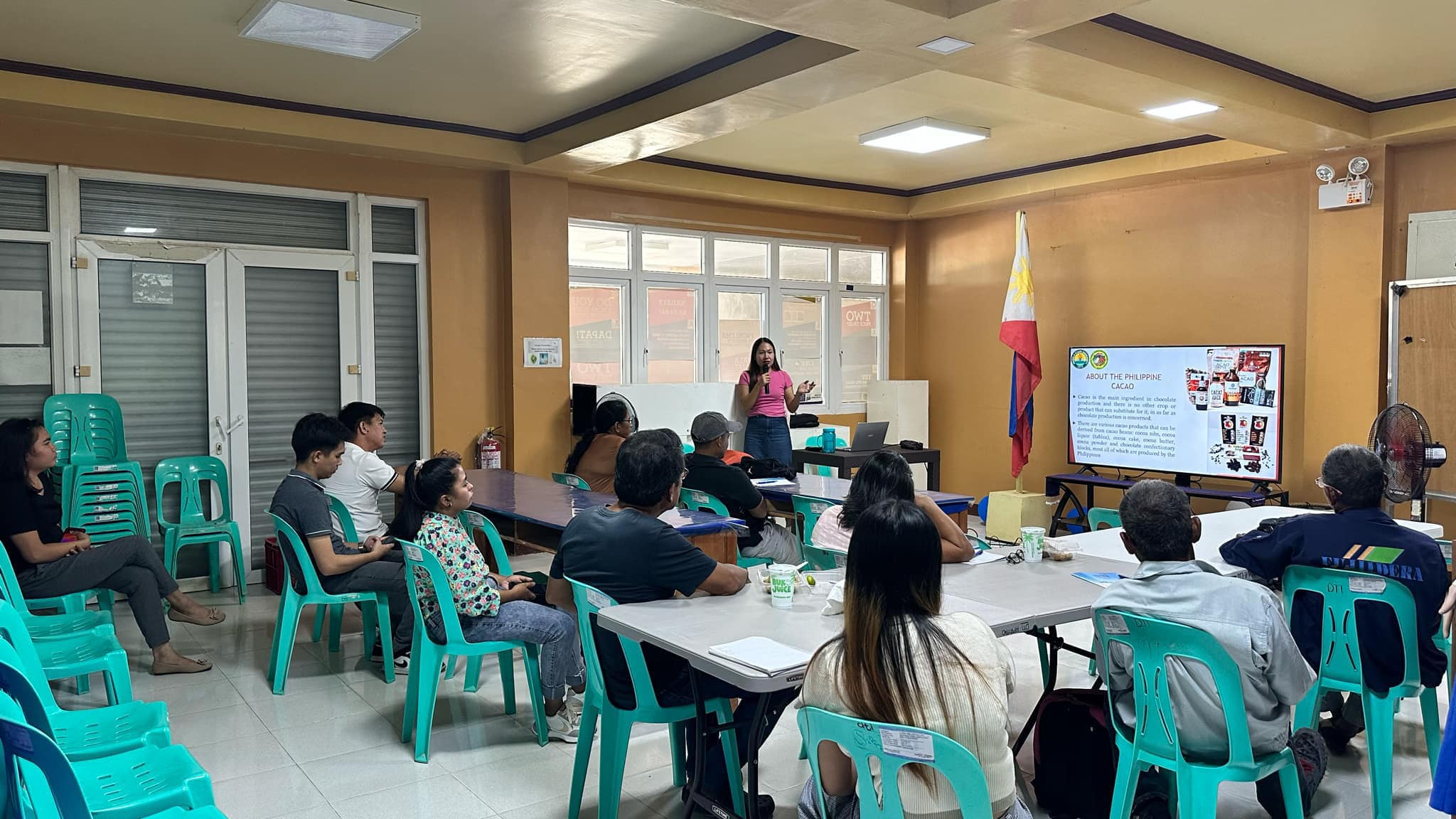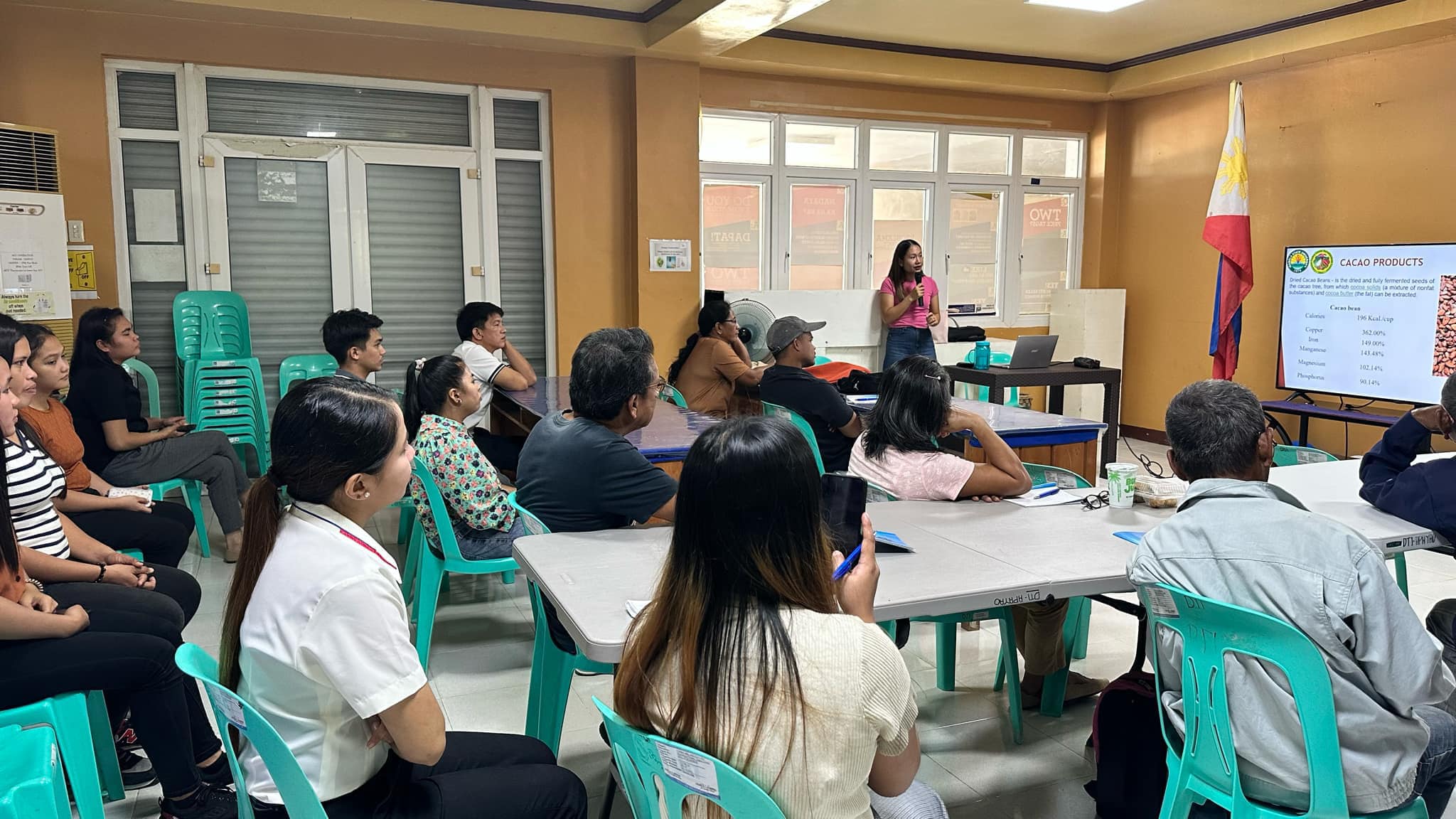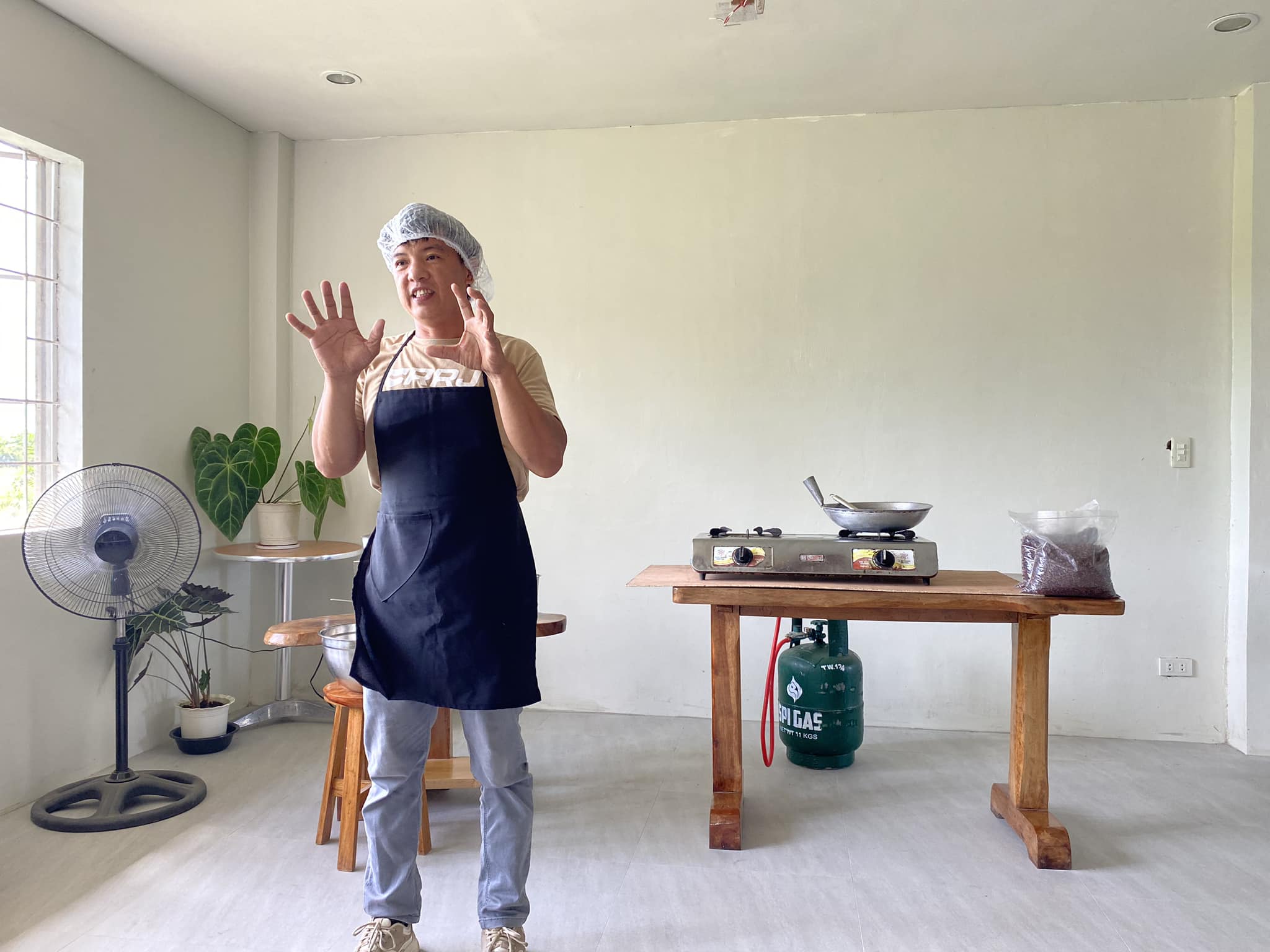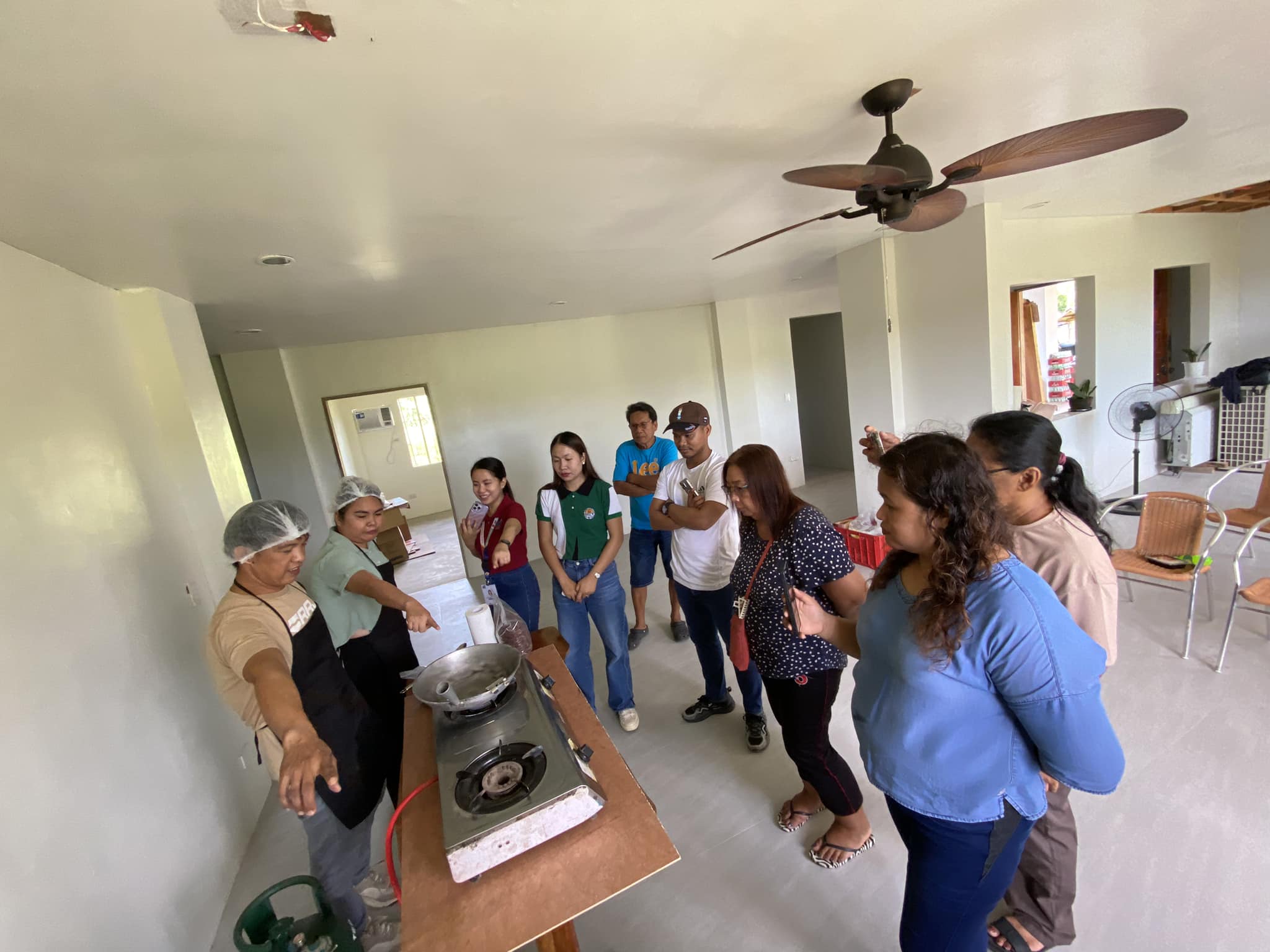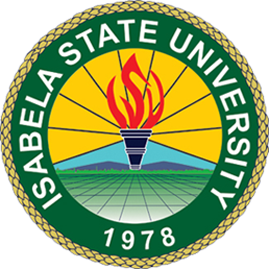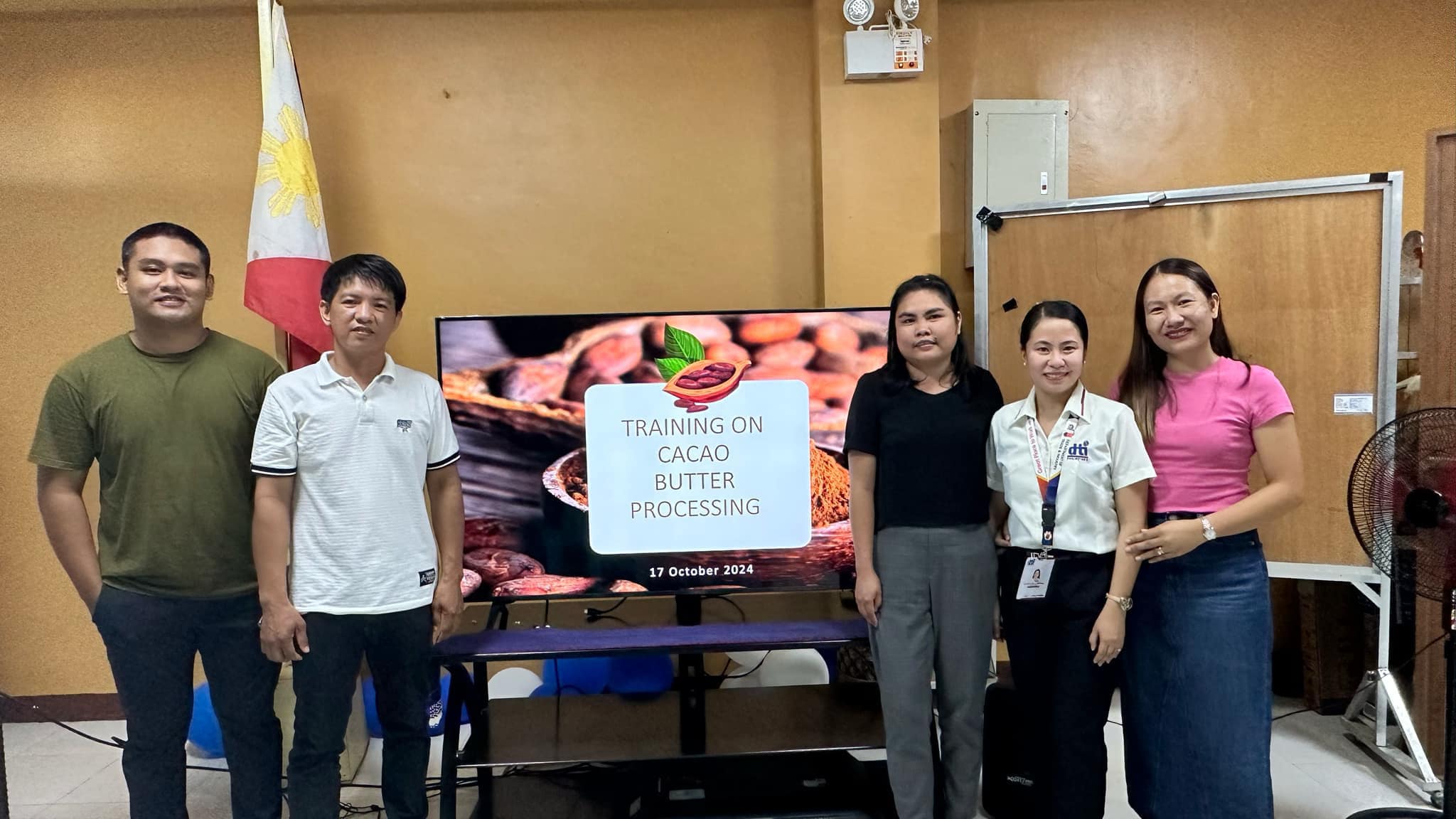
In its continuing effort to promote sustainable livelihood and strengthen local industries, Isabela State University (ISU), through the Cagayan Valley Cacao Development Center (CVCDC), extended support to cacao farmers, associations, and cooperatives in the province of Apayao by providing specialized training on cacao butter processing.
Held on October 17–18, 2024, in collaboration with the Department of Trade and Industry (DTI) Apayao, the two-day training aimed to equip local cacao stakeholders with the technical knowledge and practical skills needed to produce high-quality cacao products that meet growing market demands. The sessions took place at the DTI Apayao Provincial Office in San Isidro Sur and the Kakao Haven Learning Center in Zumigui, Luna, Apayao.
Participants representing various cacao associations across the province received in-depth training on maximizing cacao butter by-products by addressing the long-standing issue of underutilization while promoting both sustainability and profitability within the cacao industry. The initiative forms part of the government’s broader commitment to advancing cacao development in Northern Luzon, with ISU playing a key role in capacity-building and technology transfer.
Dr. Crisel C. Domingo (Faculty, ISU Echague Campus) served as the lead resource speaker, delivering comprehensive discussions on:
- Introduction to Cacao and Its By-Products
- Innovations in Cocoa Butter Processing
- Financial Viability and Market Insights for Cocoa Butter
Complementing the lectures, Dr. Martina Delos-Reyes Peñalber (Faculty, ISU Echague Campus) provided an online presentation on Good Manufacturing Practices (GMP) and Quality Control in cacao processing, underscoring the importance of maintaining product safety and consistency to ensure competitiveness in both local and global markets.
The training also featured a hands-on demonstration at the Kakao Haven Learning Center, where participants were guided step-by-step through the cacao butter extraction process. This practical session allowed them to observe, apply, and internalize proper techniques, translating theoretical knowledge into tangible skills.
Through this initiative, ISU and DTI Apayao aim to enhance the technical competencies of local cacao farmers and cooperatives, enabling them to create value-added products and generate sustainable income sources. By strengthening their capacity for production and innovation, the program contributes to reducing economic vulnerability and advancing inclusive rural development.
Ultimately, the cacao butter processing training exemplifies ISU’s commitment to empowering communities through education, research, and extension services. By investing in people and promoting sustainable agricultural practices, ISU and its partners pave the way for inclusive economic growth, improved market competitiveness, and poverty reduction.
Content Credits: Dr. Crisel C. Domingo

